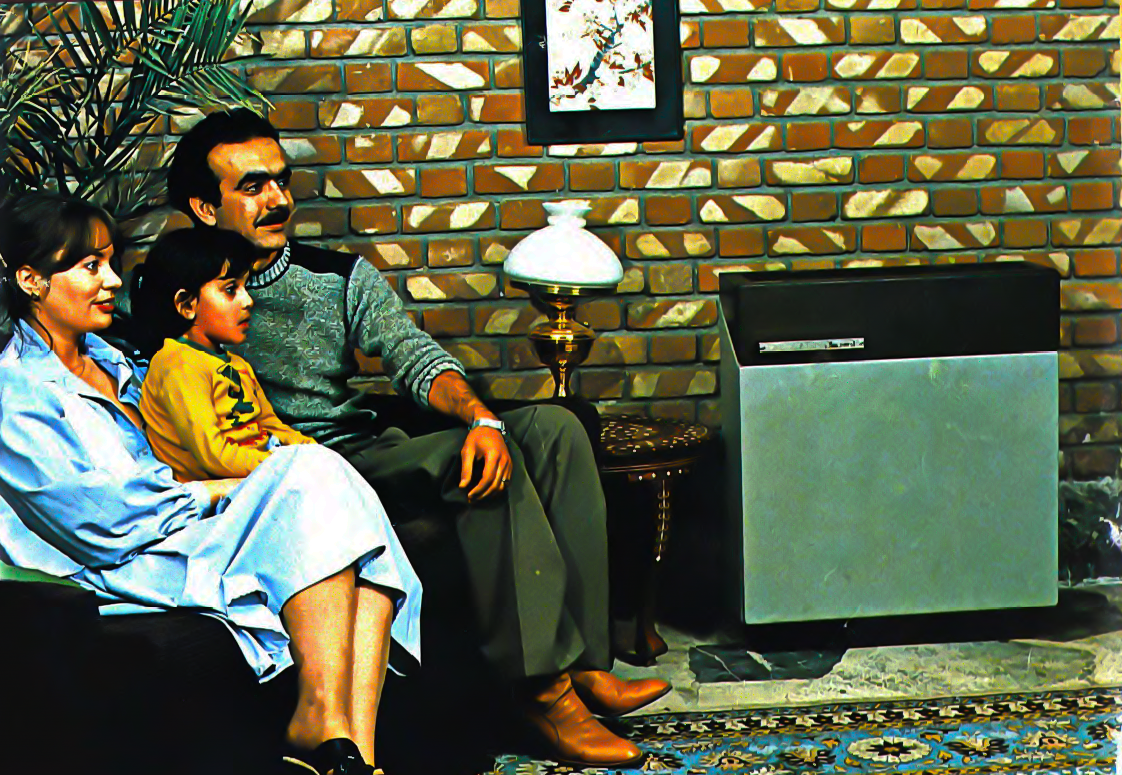From: The Atlantic
The Happy Patriot, the Unhappy Nationalist
“I love the man that can smile in trouble, that can gather strength from distress, and grow brave by reflection,” Thomas Paine wrote in his pamphlet series The American Crisis. It was December 1776, shortly after the onset of the war for independence, and Paine was contemplating the purpose and promise of patriotism in building a new nation free of British overreach. A happy patriot, in his view, was one who drew strength and joy even from the nation—especially under adverse circumstances.
Nearly 250 years later, few would argue that the United States has not recently seen adversity, including extreme political polarization, civil unrest, the coronavirus, and more. These threats have failed to bring out the happy patriot in us: Gallup found a seven-point drop in the percentage of Americans who said they were “extremely proud” or “very proud” to be an American from 2019 to 2020. This deterioration is especially dramatic right now, but it’s been going on for almost two decades. In 2003, 69 percent said they were “extremely proud”; last year, 42 percent did.
No matter where you live, patriotism can be a thorny subject. Political division is ever more toxic; seemingly the only thing both sides can agree on is that their country’s ideals and institutions are a sham. Populism and demographic tribalism are on the rise worldwide. I’m not ready to throw in the towel just yet, however. On the contrary, I think a healthy patriotism can make a comeback all along the ideological spectrum. And we will all be happier for it.
…
Read the whole story (subscription may be required): The Atlantic
More of our Members in the Media >




APS regularly opens certain online articles for discussion on our website. Effective February 2021, you must be a logged-in APS member to post comments. By posting a comment, you agree to our Community Guidelines and the display of your profile information, including your name and affiliation. Any opinions, findings, conclusions, or recommendations present in article comments are those of the writers and do not necessarily reflect the views of APS or the article’s author. For more information, please see our Community Guidelines.
Please login with your APS account to comment.